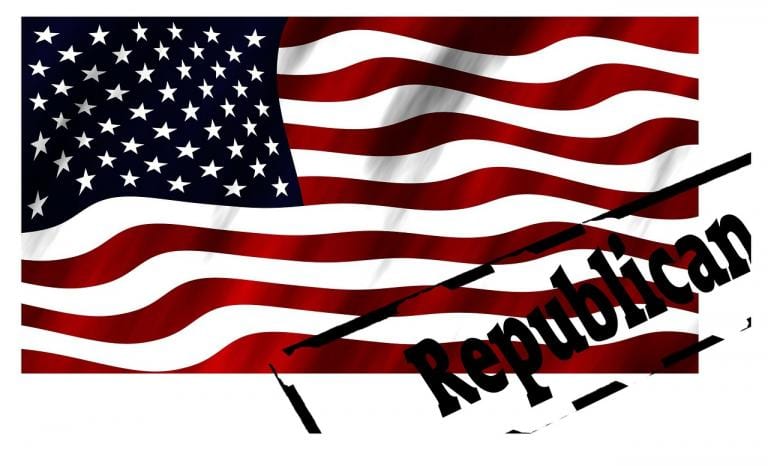Win or lose this election, the Republican mandate for the future is to be the party of working families. This future is both morally right and politically necessary. The task for conservatives is to preserve the little platoons of family and social life against the various “Bigs”: Big Government, Big Tech, Big Business, and so on, all of which are increasingly aligned with the left — even Oreo cookies have gone woke.
Democrats are now the party of Wall Street and Big Business. These corporate types fund the cultural left, which has abandoned the working class to focus on the race, sex, and gender obsessions of the educated elite. This shift has created a divide between the (mostly white) progressive elite and many minority voters who have traditionally supported Democrats. . . .Republicans, therefore, have an opportunity to build a multiracial coalition of working families. . . .
Conservatives have long noted the dangers Big Government poses to family, faith, and community, but other Bigs, from Big Tech to Big Business, also threaten them. The culture that the Bigs promote is devoted to the destruction of life’s little platoons, which define us by our relationships. We find fulfillment and identity through our relationships with others, including those who have gone before us and those who are to come.
In contrast, the Bigs promote and glamorize an ideal of self-creation and self-sufficient independence. The Bigs teach us to define ourselves by our desires and experiences, rather than by relationships and our responsibilities within them. They teach us that freedom to do what we want is our greatest good, and that we must therefore avoid commitments that constrain us. . . .
This perspective fits naturally with consumerism and hence woke capital, which profits off the isolation and atomization it encourages. Indeed, the Bigs expand and profit as the little platoons fall apart. Big Government handouts replace the jobs that could once support a family. Big Tech and Big Business sell distractions from the decline of real relationships, communities, and identities. Big Pharma pushed opioids that dulled the pain of decline and meaninglessness.
The Bigs that direct our culture, economy, and politics have made it harder for many Americans to live the good life of family, faith, and community. [Keep reading. . .]
But aren’t the Democrats the party of labor? Aren’t progressives the champions of the “little guy”? Isn’t the hard left all about the revolution of the working class? Well, they used to be. But we are seeing something different now, as progressivism has shifted away from economic and class interests in favor of identity politics, whose preoccupations with sex, gender, and lifestyle are especially important for academics, the affluent, and the corporate elite.
Identity politics does include race, of course, but Blake’s point is that most blacks and hispanics not only have working class interests–which the progressive elite pays lip service to, in a sort of noblesse oblige–but they also tend to be highly religious, and in other ways at odds with secularist progressives.
Why shouldn’t the coalition lines be withdrawn? Democrats used to be the party of Jim Crow and the Ku Klux Klan, but then they became the party of Civil Rights. In this new climate, Republicans could–by making changes–become the party of black Americans, as they used to be. Republicans used to be the party of big business and big corporations, but these interests are becoming increasingly Democratic. Now Republicans are the populists and Democrats are the power elite.
Does this mean Republicans would become Democrats and Democrats would become Republicans? Not really. Blake is arguing for a Burkean conservatism that values local communities and traditional institutions–the family, the church, small businesses, voluntary associations–as opposed to big government and other large, impersonal institutions. Progressivism has always prized experts, powerful central governments, and anti-traditional social change. And big corporations tend to be anti-capitalist when it comes to eliminating competition, building monopolies, and using government to protect them from the free market. Blake’s proposal has deep conservative roots, just as Democratic elitism fits well with progressive ideology.
Image by Gerd Altmann from Pixabay
 Here is a way forward for the Republican Party, as inspired by Donald Trump’s appeal to the working class: be the party of working families and support their interests against big government and big corporations.
Here is a way forward for the Republican Party, as inspired by Donald Trump’s appeal to the working class: be the party of working families and support their interests against big government and big corporations.










